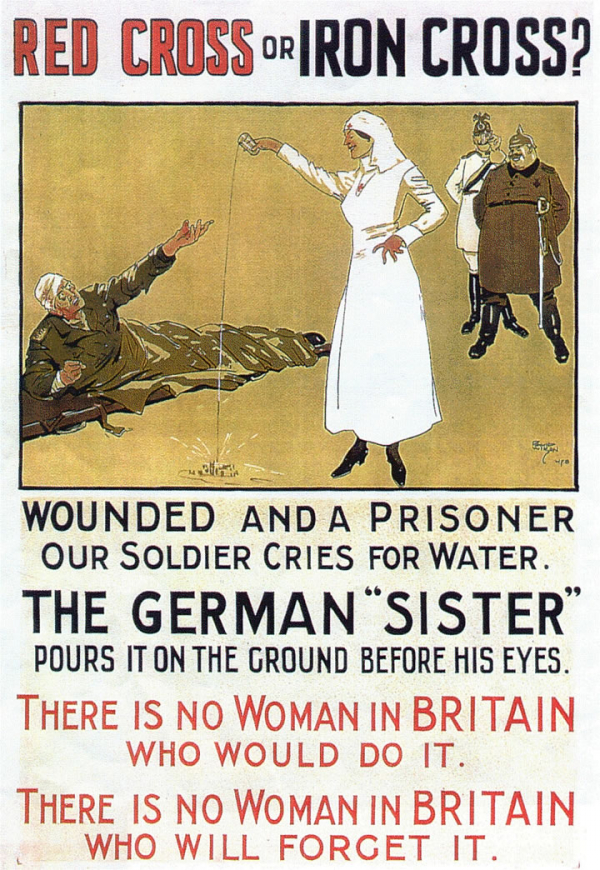By Sajeeb Sarker
Propaganda
Media School April 14, 2021

Propaganda has long been being used in many spheres including political campaigns.
Propaganda is the dissemination of information deliberately used to influence or manipulate public opinion. This information can be communicated in varying forms including facts, arguments, rumors, half-truths, or lies.
Propaganda is essentially distinguished from other forms of communication (e.g. casual conversation or formal exchange of ideas) by deliberateness and the intended emphasis on manipulation of public ideas or behaviors.
American political scientist and communications theorist Harold Dwight Lasswell (1902–1978) defined the term propaganda as: “the expression of opinions or actions carried out deliberately by individuals or groups with a view to influencing the opinions or actions of other individuals or groups for predetermined ends and through psychological manipulations" [cited in Ellul, Jacques (1965), Propaganda: The Formation of Men's Attitudes, pp. xi-xii].
The history of using propaganda is thousands of years old. Yet, the term propaganda came in use in this sense at around the 17th century. According to the Oxford dictionary, propaganda is a modern Latin word that derived from the word 'propagare' meaning 'to spread' or 'to propagate'. Thus, propaganda means something that is to be propagated.
Propaganda has long been being used in many spheres including political campaigns, diplomatic negotiations, legal arguments, commercial advertising and public relations.


